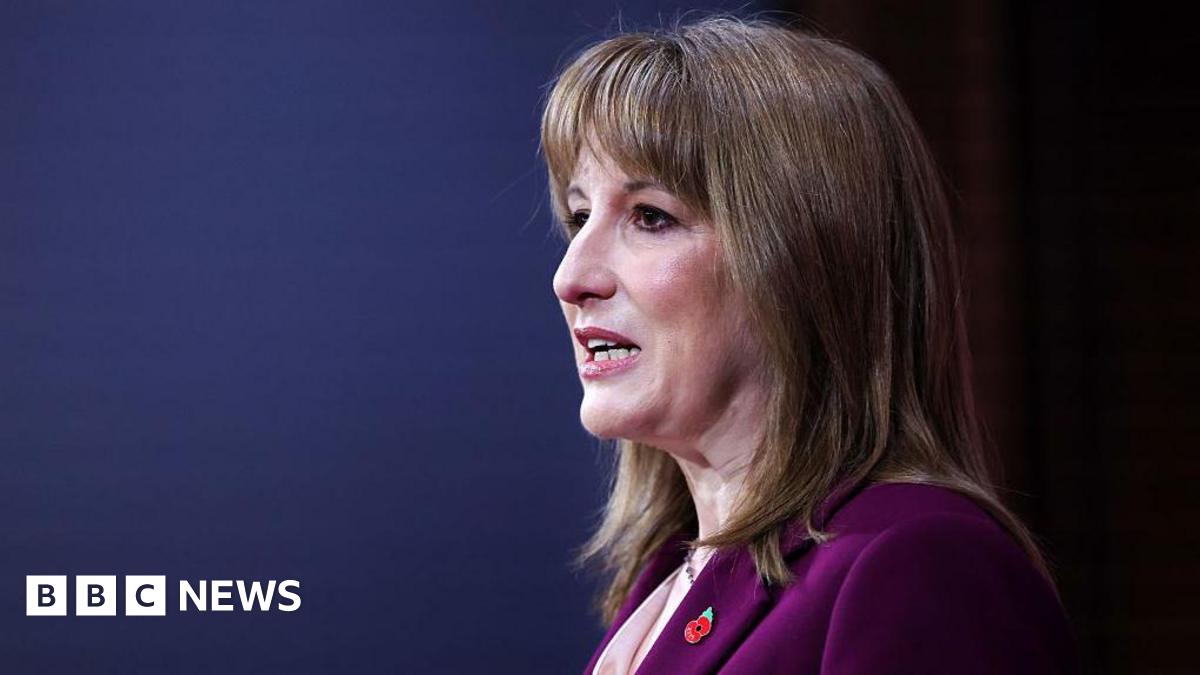After weeks of wondering will she, won’t she, and recent heavy hints that she would indeed raise income taxes in the Budget, Chancellor Rachel Reeves has now decided against the manifesto-breaching move.
Amid the fog of Budget speculation, here is what we do know.
That plan, to raise income tax rates by 2p but compensate workers with a 2p National Insurance cut was sent to the OBR as an option earlier this month to be costed, to help fill what was then a £30bn gap in the public finances, mainly caused by a downgrade to productivity.
The so-called “2 up, 2 down” plan, pioneered by the Resolution Foundation think tank, would have raised several billion pounds, mainly from non-wage income such as landlords and savings.
Newer assessments from the OBR appear to have increased the projected strength of wages and tax receipts in the coming years and offset several billion pounds of that gap, taking it closer to £20bn in total.
As a consequence, the plan to raise income tax rates has not been advanced in the latest set of measures sent to the OBR to analyse.
While this “iterative” process is part of the normal forecasting round that precedes a Budget, on Monday of this week the chancellor suggested very strongly that tax rates would go up in a BBC interview.
Health Secretary Wes Streeting on Friday appeared to confirm the shift away from anything that could be seen to break election promises:
“It is really important that we keep our promises and we stand by our manifesto. The fact that there’s been speculation about income tax shows how difficult the situation is with public finances and secondly that the chancellor is determined to stick to her fiscal rules,” he said.
There is some irony in the health secretary making these comments, given suggestions from Downing St about leadership bids and claims about the unique power of the prime minister and chancellor over the bond markets.
By the end of the week the bond markets were more than nervous as a result of the hokey cokey over income tax.
It is always questionable to assume a singular motive behind the awesome financial power of the debt markets, but let me try to divine what happened over the past 24 hours.
After the Financial Times’ scoop about the dropping of the tax rate plan, there was a notable spike up in the effective borrowing cost for the Government. It was up 0.12% points for a 10-year gilt.
Markets had been reassured by the tough fiscal talk by the chancellor over the past month.
Much of this was driven by expectations of lower Bank of England interest rates amid a weakening jobs market. The willingness by the chancellor to take political pain, in the form of breaking tax rate manifesto promises, in order to restrain borrowing in a straightforward way, is a plus for the bond vigilantes.

Thanks for sharing. I read many of your blog posts, cool, your blog is very good.